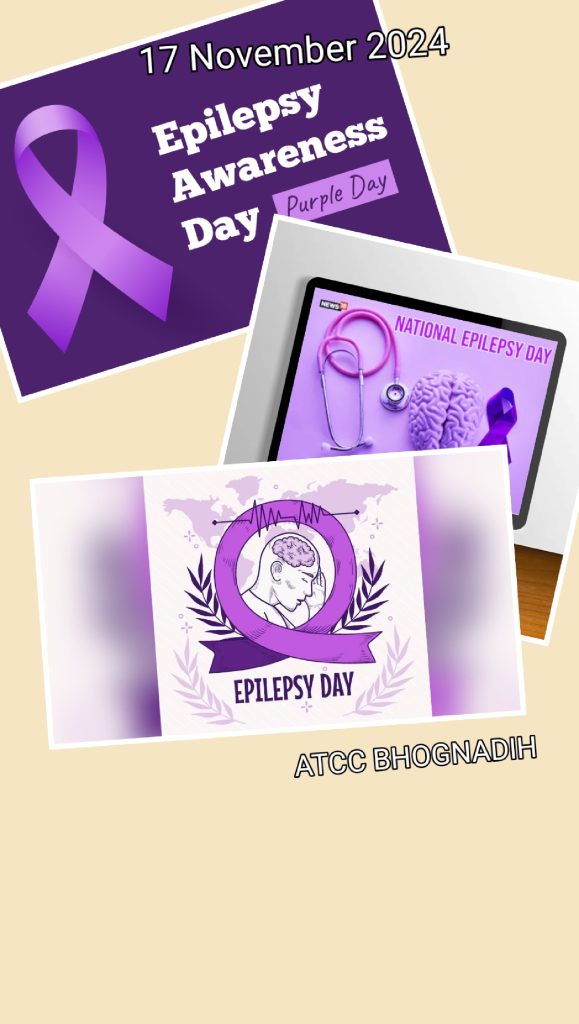P. A. Chacko

Epilepsy, in medical terms, is a chronic neurological disease.
It affects millions across the globe.
According to WHO, “Epilepsy is a chronic noncommunicable disease of the brain that affects people of all ages.
Around 50 million people worldwide have epilepsy, making it one of the most common neurological diseases globally.
Nearly 80% of people with epilepsy live in low- and middle-income countries.
It is estimated that up to 70% of people living with epilepsy could live seizure-free if properly diagnosed and treated.
The risk of premature death in people with epilepsy is up to three times higher than for the general population.
Three quarters of people with epilepsy living in low-income countries do not get the treatment they need.
In many parts of the world, people with epilepsy and their families suffer from stigma and discrimination.”
Epilepsy is characterized by recurrent seizures, which are brief episodes of involuntary movement that may involve a part of the body (partial) or the entire body (generalized) and are sometimes accompanied by loss of consciousness and control of bowel or bladder function.
Seizure episodes are a result of excessive electrical discharges in a group of brain cells. Different parts of the brain can be the site of such discharges. Seizures can vary from the briefest lapses of attention or muscle jerks to severe and prolonged convulsions. Seizures can also vary in frequency, from less than one per year to several per day.
One seizure does not signify epilepsy (up to 10% of people worldwide have one seizure during their lifetime). Epilepsy is defined as having two or more unprovoked seizures. Epilepsy is one of the world’s oldest recognized conditions, with written records dating back to 4000 BCE.
Fear, misunderstanding, discrimination and social stigma have surrounded epilepsy for centuries. This stigma continues in many countries today and can impact on the quality of life for people with the disease and their families.” (who. Int/ news)
In India there are 10-12 million epileptic cases. The National Epilepsy Day was established to emphasise the challenges faced by individuals suffering from the disease.
The most common sign of epilepsy is temporary loss of awareness. Even in voluntary movements “a person can suffer from a blank state, uncontrollable muscles, confusion, slow thinking, disturbed sensual perceptions and even a stomach upset. The symptoms can also be psychic such as fear, overwhelming experience or hallucination.”
Care:
Proper medication is a must.
Epilepsy is a serious condition and, therefore, medicines should be taken on time. Keep in regular touch with a neurologist to help keep seizures in check.
Lack of sleep can increase the chance of seizures. It is important to have enough sleep for anyone suffering from epilepsy.
Food containing caffeine can trigger epilepsy seizures. Coffee, energy drinks and soda are some food items that have caffeine content.
Need to stay hydrated.
The patient needs to drink plenty of water to keep hydrated. Lack of water in the body can cause many complications including the chance of seizures.
Flashing lights should be avoided by those having this condition, especially if children. Television displays, computer monitors, mobile screens can trigger seizures.
It is sad to see quite many illiterate people consider epilepsy as caused by evil forces. Such superstition exists mostly among rural folks. They consult witchcraft practitioners and get fooled.
Treatment centres , social and educational institutions have an important role in helping people to keep away from such superstition.